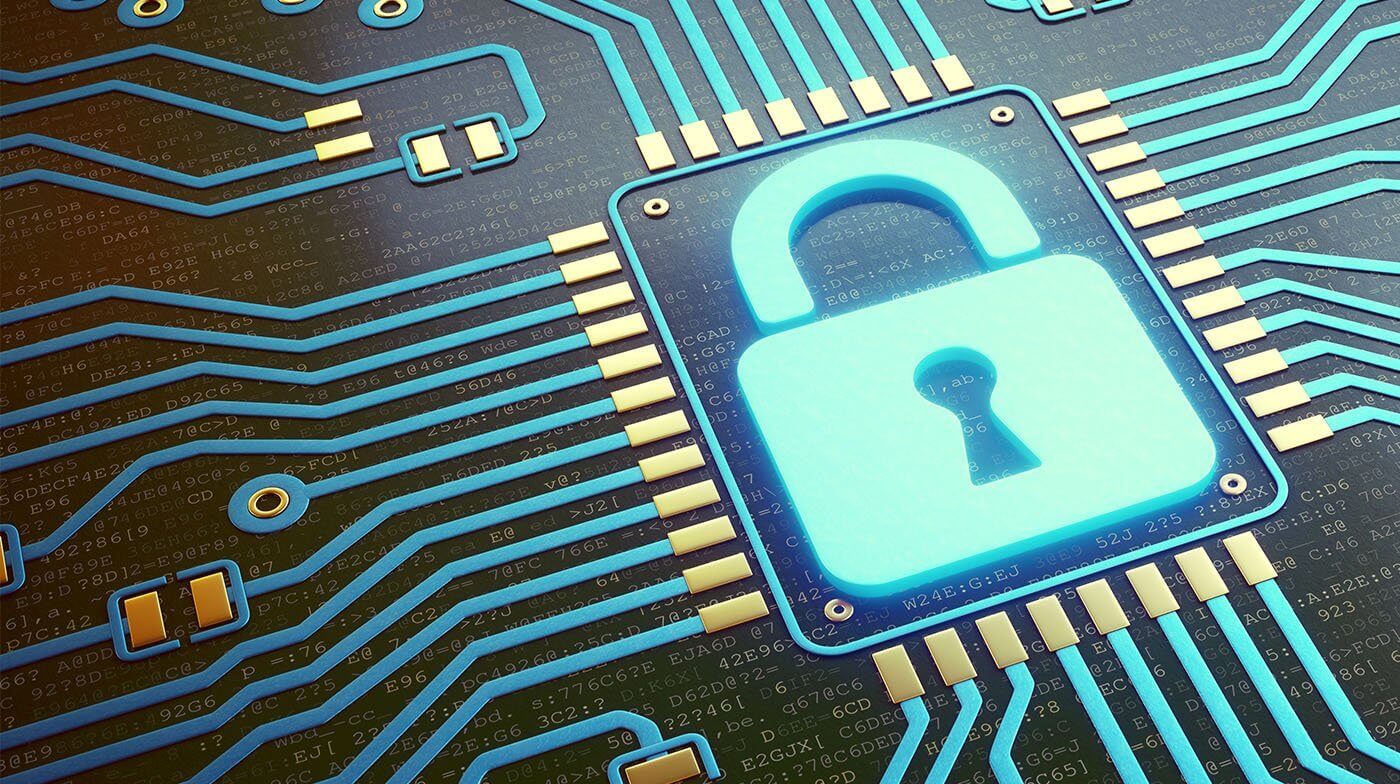A group of 34 major tech companies, including Cisco, Facebook, Microsoft, HP, RSA, and Oracle, have signed the Cybersecurity Tech Accord. This accord promises to establish partnerships to share vulnerabilities, provide consumers with better ways to protect themselves, and refuse to assist governments in carrying out state sponsored cyberattacks.
"The devastating attacks from the past year demonstrate that cybersecurity is not just about what any single company can do but also about what we can all do together." said Microsoft President Brad Smith. "This tech sector accord will help us take a principled path towards more effective steps to work together and defend customers around the world."
Regarding partnerships, the companies seek to build relationships with major players in the cybersecurity field to share vulnerabilities and threats as well as improve technical collaboration. The accord mentions that cyberattacks could potentially cost around $8 trillion by 2022 and can hurt small businesses, governments, and hospitals. To assist in this partnership, big security companies like RSA, Avast, FireEye, and Symantec have pledged their support for the accord.
The most interesting part of the accord, however, is the resolve to not help governments launch cyberattacks against "innocent citizens and enterprises". This includes supply chain protection against tampering and exploitation.
Signatories on the accord will conduct their first meeting during the RSA Conference in San Francisco. While membership in the accord is still open, there is a conspicuous lack of participation from the likes of Apple, Amazon, and Twitter. This is especially interesting considering Apple's recent efforts to bill itself as the bastion of privacy and security. Chinese and Russian firms are also missing from the list of signatories although that's probably expected considering how much influence the Russian and Chinese governments have inside their countries.
If anything, this is a great first step in companies taking cybersecurity seriously and hopefully some good will come out of it. However, it remains to be seen if meaningful and tangible results will be seen.
"The Tech Accord will help to protect the integrity of the one trillion connected devices we expect to see deployed within the next 20 years. It aligns the resources, expertise and thinking of some of the world's most important technology companies to help to build a trusted foundation for technology users who will benefit immensely from a more security connected world."
